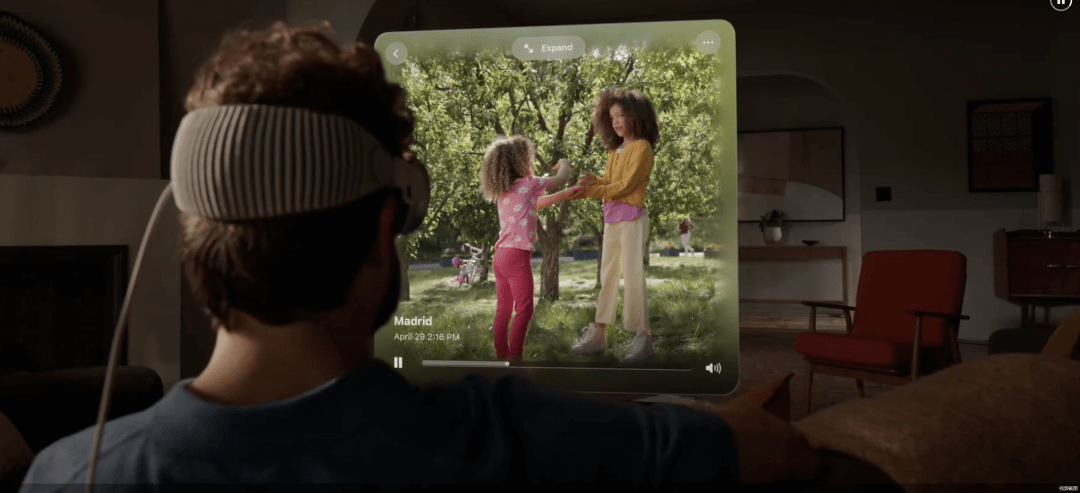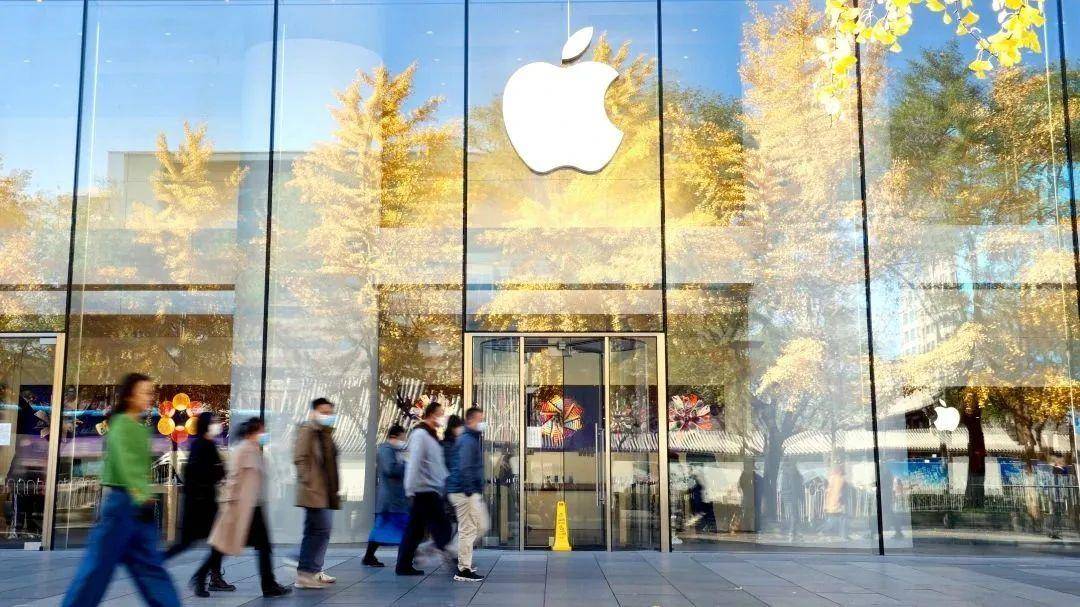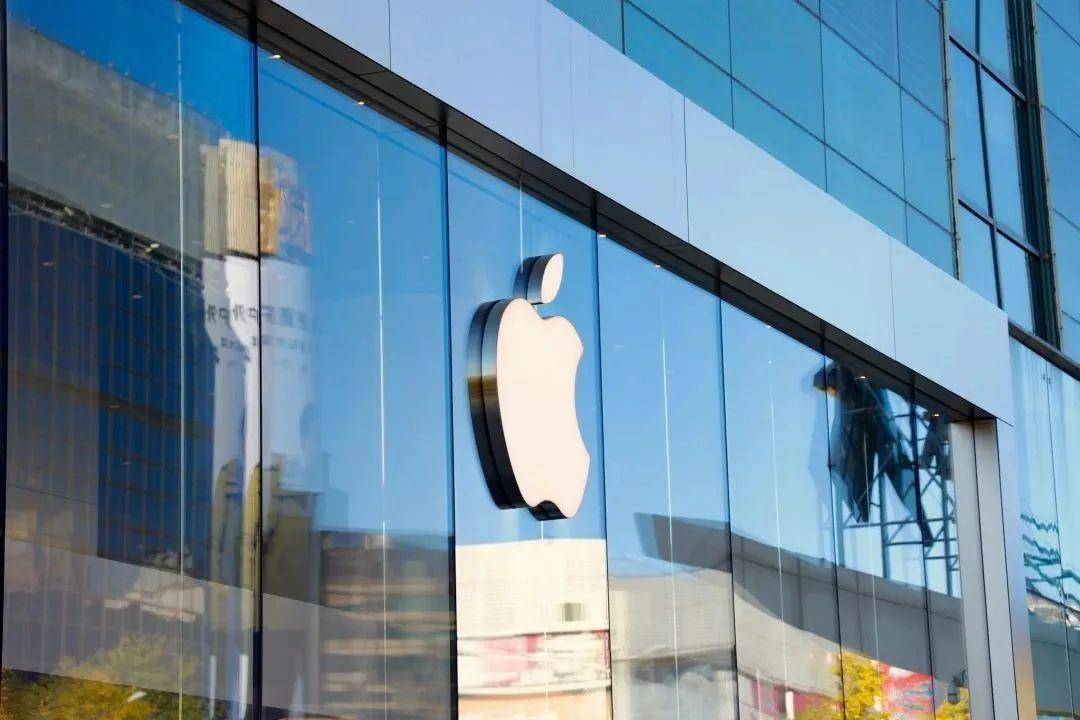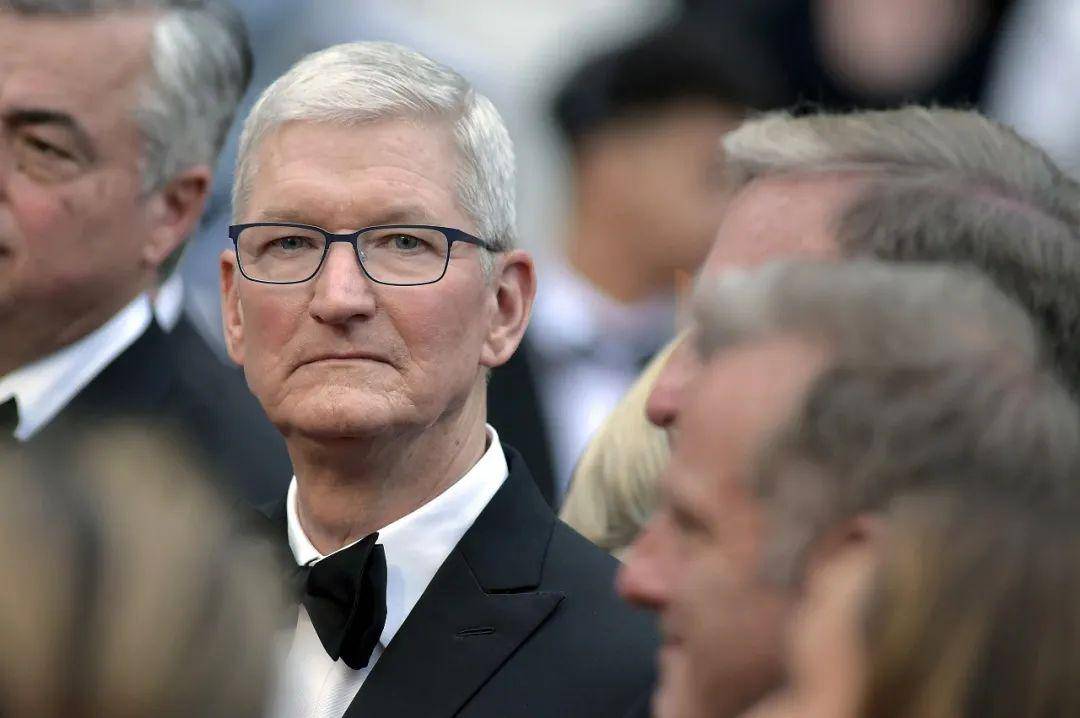Home >Technology peripherals >AI >Soul's Three Questions: Who will pay for the 25,000 head-mounted display? Can it support Apple in the next decade? Will major manufacturers save the Metaverse?
Soul's Three Questions: Who will pay for the 25,000 head-mounted display? Can it support Apple in the next decade? Will major manufacturers save the Metaverse?
- WBOYWBOYWBOYWBOYWBOYWBOYWBOYWBOYWBOYWBOYWBOYWBOYWBforward
- 2023-06-06 19:11:271098browse
Three Questions for Soul: Who will pay for the 25,000 head-mounted display? Can it support Apple in the next decade? Will major manufacturers save the Metaverse?

To this day, whether Google or Microsoft, the commercial returns of their AR products are not obvious.
Reporter丨 Tao Feng Wang Zhuli
On June 6, Apple’s WWDC23 conference was held in the early morning of Beijing time. Although there were many highlights in this conference, including the launch of the 15-inch version of MacBook air equipped with M2 chip, MAC studio and iOS 17, the most eye-catching It’s still Apple’s AR glasses Vision Pro. The development of AR and VR in recent years can be described as ebb and flow. After companies such as Google and Microsoft have already tested the waters, Apple has finally come up with its own results. There are even voices saying that this will start Apple's next decade, and Vision Pro is really Can you shoulder such a heavy responsibility?
High selling price

How expensive are Apple’s AR products? In the words of Apple CEO Cook, Apple Vision Pro is a revolutionary product with performance, immersion and functionality that only Apple can provide.
From the perspective of product features, Vision Pro is indeed innovative compared to similar products on the market. It is understood that Vision Pro uses a full three-dimensional interactive interface for the first time. The main view appears directly in front of the real space background. Both the interface and App icons respond to volume, shadow, and dynamic light changes, so users can feel the true sense of distance and presence of visual elements. Users can scale the App interface in the space and place it at will. Multiple Apps can appear at the same time and extend to the entire room.
In terms of environmental interaction, the innovative point of Apple Vision Pro is "invisible but transparent". Users are not isolated from their surroundings. The Eye Sight function allows people around you to see the user's eyes. If you select the full immersion mode, the appearance of the lens will show changes in light and shadow, letting the other party know that the user's eyes are invisible. Even in full immersion mode, when someone is nearby, the character can appear on the screen simultaneously with the user's eyes.
Absence of physical objects
Vision Pro immediately stole the spotlight from MacBook air and iOS 17 upon its release. After all, in recent years, Apple has pursued the concept of "precise knife skills" in the creation of new products. The so-called innovation is more of a one-shot, and it is also nicknamed "squeezing toothpaste" by the industry. After the release of this head-mounted display product, some industry opinions said that this It will start Apple's next decade and even bring about a second leap in the entire consumer electronics market.
Senior industry observer Liang Zhenpeng believes that for a long time, the technical difficulties of head-mounted display products have been nothing but display and interaction, which require superb motion capture technology and powerful GPU chips. In addition, battery life and weight are also issues that users are concerned about. After all, it is good The product can adapt to long-term wearing needs without frequent wear, allowing it to break the atmosphere of work and entertainment.
Experts point out that due to Apple’s relatively rich technology accumulation, the above pain points have been solved to a certain extent on Vision Pro. For example, from the perspective of display technology, the Vision Pro display system uses a micro-OLED backplane, and the two backplanes are added together. The pixels can reach 23 million. As for the lens solution, Vision Pro uses a customized three-lens lens to ensure that videos can be rendered in 4K and text remains sharp. In terms of audio, the spatial audio system uses integrated dual-drive unit audio components. Audio ray tracing technology can analyze spatial characteristics and materials to adapt the sound to the room.

In addition, Vision Pro’s computing power is provided by two chips, including the M2 chip and the newly developed R1 chip. M2 is responsible for calculation, and R1 is mainly for real-time sensor task processing, that is, experience data. To process data collected by 12 cameras, 5 sensors and 6 microphones. It is precisely because of the addition of R1 that the latency of Vision Pro is only 12 milliseconds.
Despite this, Liang Zhenpeng also said that the market does not need to be too excited about the launch of Apple's AR headset. After all, the "flaw" of this release is that there is no live demonstration. On the contrary, the various effects of Vision Pro are more Relying on CG animation, you must know that when Steve Jobs released the iPhone and MacBook air, he showed off the products on the spot, and also paired them with actual experience sessions. These exciting parts were missing from this conference.
Another "Fruit Fan" told a Beijing Business Daily reporter: Apple's launch of the AR headset as scheduled was expected, but on the contrary, I felt a bit disappointed when I couldn't see the Vision Pro in person. I had imagined Cook wearing an Apple headset before. The headset was on hand to communicate with attendees, but this scene did not occur.
Some experts pointed out that regardless of whether Google or Microsoft, their AR products attracted much attention when they were first launched, and they also had many technical highlights. However, to this day, their commercial returns are not obvious, let alone It has created a vast space for growth for Google and Microsoft. The fate of Apple’s Vision Pro still needs further observation.
西街Observation
Apple can’t save the metaverse
"One more thing".
Apple dropped a bomb at the WWDC Developer Conference and released a long-awaited hardware product, a mixed reality headset called Vision Pro. Apple said this marked the entry of mankind into the era of "spatial computing".
Apple’s head-mounted display has been “half-covered” for many years, and the real body has been defined as “the next epoch-making product in the next ten years.” Such a high positioning has whet people's appetite at a time when innovation in consumer electronics is weak.
Today, it’s hard to say how many people still believe what Cook said. At least the Metaverse, which has reached a crossroads, needs a new story that can package MR, AR, and Everyone believes that the Metaverse will not change easily just because of AI.

Is the Metaverse the third productivity revolution after the PC Internet and the mobile Internet? This question is still difficult for the entire industry to answer because the Metaverse has never solved the "last mile" from virtuality to reality.
In the past two years, the Metaverse has become an all-encompassing basket, but it has never found itself. Is the nature of the metaverse more gaming and competitive, or more social and collaborative? The prospect lies in whether it is augmented reality technology or virtual reality technology, or in what scenario the two technologies can be properly coupled.
Powerful artificial intelligence has executable scenarios, readily available products, exquisite segmented industry positioning, a relatively complete economic system, and self-consistent business logic. These are the self-realization that the Metaverse needs to complete.
So, while AI is making great strides forward, the Metaverse is visibly left out in the cold. Players are dissatisfied, and those companies that entered the game enthusiastically at the beginning have not reaped any benefits.
Whether it is overseas Meta or domestic ByteDance, although they have invested heavily, their products have not been accepted by the public, and the XR track has not matured. The XR track has been cooling down significantly in the past two years, with many major manufacturers withdrawing and the number and scale of financing also decreasing.

The Metaverse is at a deadlock, looking forward to being stirred up by Apple. The smell of gunpowder in the industry is getting stronger, and the fighting spirit of players has been stimulated again. Meta quickly released a new VR product Quest3, and OPPO also released an MR headset at the end of May.
One eye reaches 4K, what next?
Just like every unexpected encounter, whether what Apple created is "pseudo demand" or another epoch-making product, we can only wait for the long-term ecological construction to give the answer.
But Apple, which arrived late, and has a product that is powerful but not mature, is still far away from saving the Metaverse, the role that everyone expects.
Editor丨Yang Bo
Pictures丨Beijing Business Daily, Apple official website video screenshots, Visual China, Yitu.com
The above is the detailed content of Soul's Three Questions: Who will pay for the 25,000 head-mounted display? Can it support Apple in the next decade? Will major manufacturers save the Metaverse?. For more information, please follow other related articles on the PHP Chinese website!
Related articles
See more- Technology trends to watch in 2023
- How Artificial Intelligence is Bringing New Everyday Work to Data Center Teams
- Can artificial intelligence or automation solve the problem of low energy efficiency in buildings?
- OpenAI co-founder interviewed by Huang Renxun: GPT-4's reasoning capabilities have not yet reached expectations
- Microsoft's Bing surpasses Google in search traffic thanks to OpenAI technology

